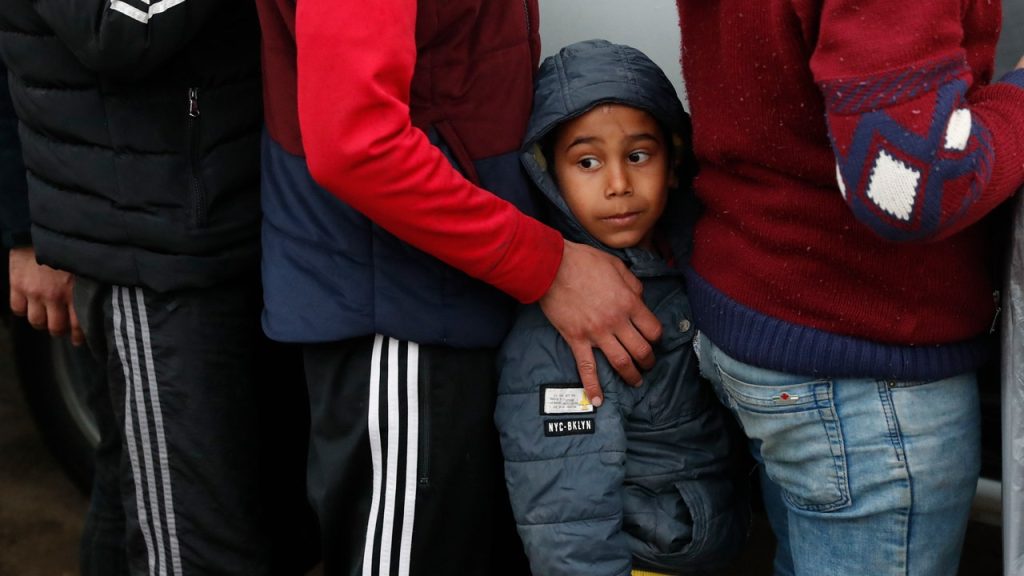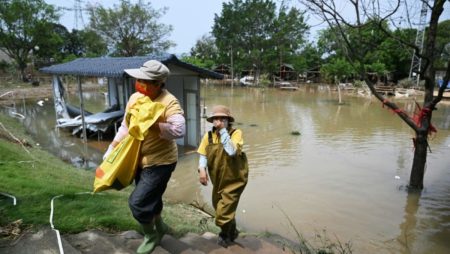European Union auditors are unable to determine the impact of the billions of euros the EU has given to Turkey to help Syrian refugees. In 2016, the EU committed to providing at least $6.4 billion to Turkey to assist with migrants crossing in from Syria. Turkey, in turn, agreed to stop migrants from leaving its territory for Europe. The deal was seen as successful, prompting plans for an additional $3.2 billion for refugees in Turkey in 2021, with similar agreements made with Tunisia and Egypt. The money is used for cash cards, education, health, integration, and building facilities for Syrian refugees in Turkey.
The European Court of Auditors reported that Turkey’s education ministry refused to provide information needed to assess the impact of EU projects. Without this data, auditors are unable to measure impact or sustainability, particularly in the education sector. Over $566 million was allocated to support quality inclusive education for refugees in Turkey, but auditors were unable to obtain information on schools receiving support, refugee pupil attendance, and educational outcomes compared to Turkish students. The lack of cooperation from the education ministry is hindering the evaluation of these projects and their effectiveness.
Auditors were able to visit schools and hospitals funded by the EU and observed that facilities were being used by refugees and Turkish pupils, and teachers were working there. Despite challenges such as the COVID-19 pandemic, an earthquake in 2023, and Turkey’s inflation, auditors found that the EU funding provided relevant support to refugees and host communities in Turkey. However, they noted weaknesses in the European Commission’s assessment of project budgets, with a lack of systematic evaluation of project costs and comparison of costs between different projects.
The auditors and EU officials made several requests for information from the education ministry, but were unsuccessful in obtaining the necessary data to assess the impact of EU-funded projects. The lack of cooperation from the ministry is unusual, as authorities typically work with auditors. The auditors expressed frustration at the lack of data and emphasized the importance of measuring the impact and sustainability of EU-funded projects. Despite challenges and obstacles, the EU funding package was found to be beneficial for refugees and host communities in Turkey, but improvements in project assessment and budget evaluation are needed.
Overall, the EU’s funding for refugee projects in Turkey has provided support in various sectors, including education, health, integration, and infrastructure. However, the lack of data from the education ministry has prevented auditors from assessing the effectiveness and sustainability of these projects. The European Court of Auditors highlighted the need for more transparency and cooperation from authorities to ensure that EU funds are being used effectively. Despite obstacles, the EU funding has made a positive impact on refugees and host communities in Turkey, but there is room for improvement in project evaluation and budget assessment.













